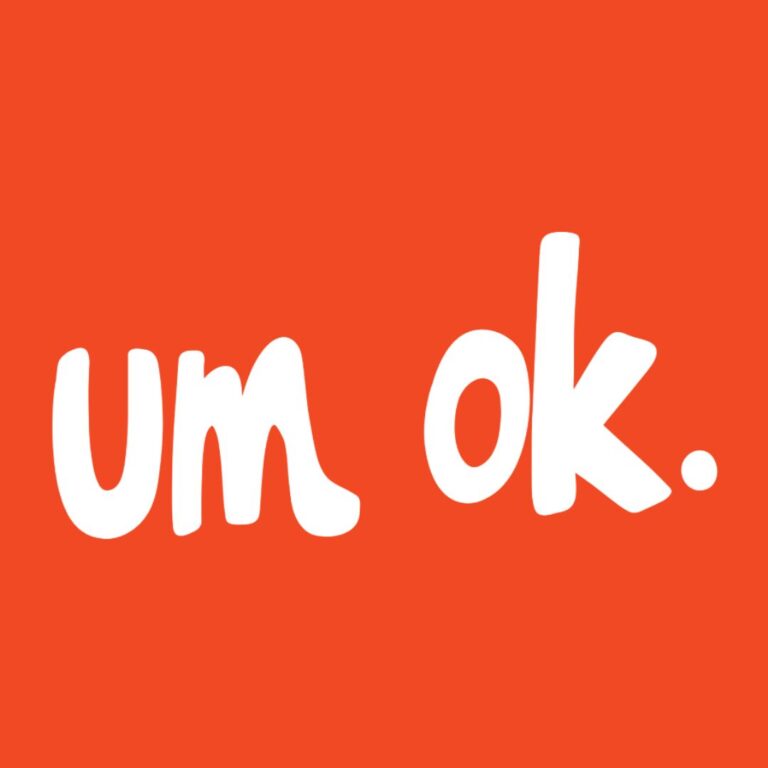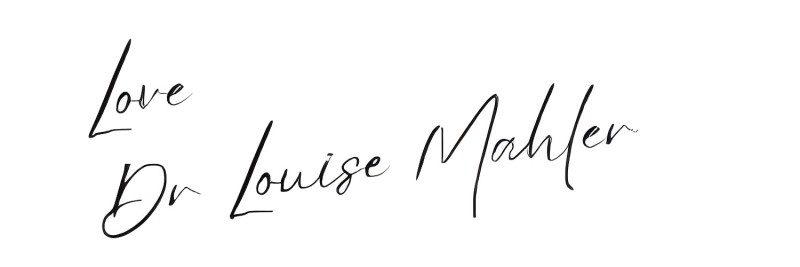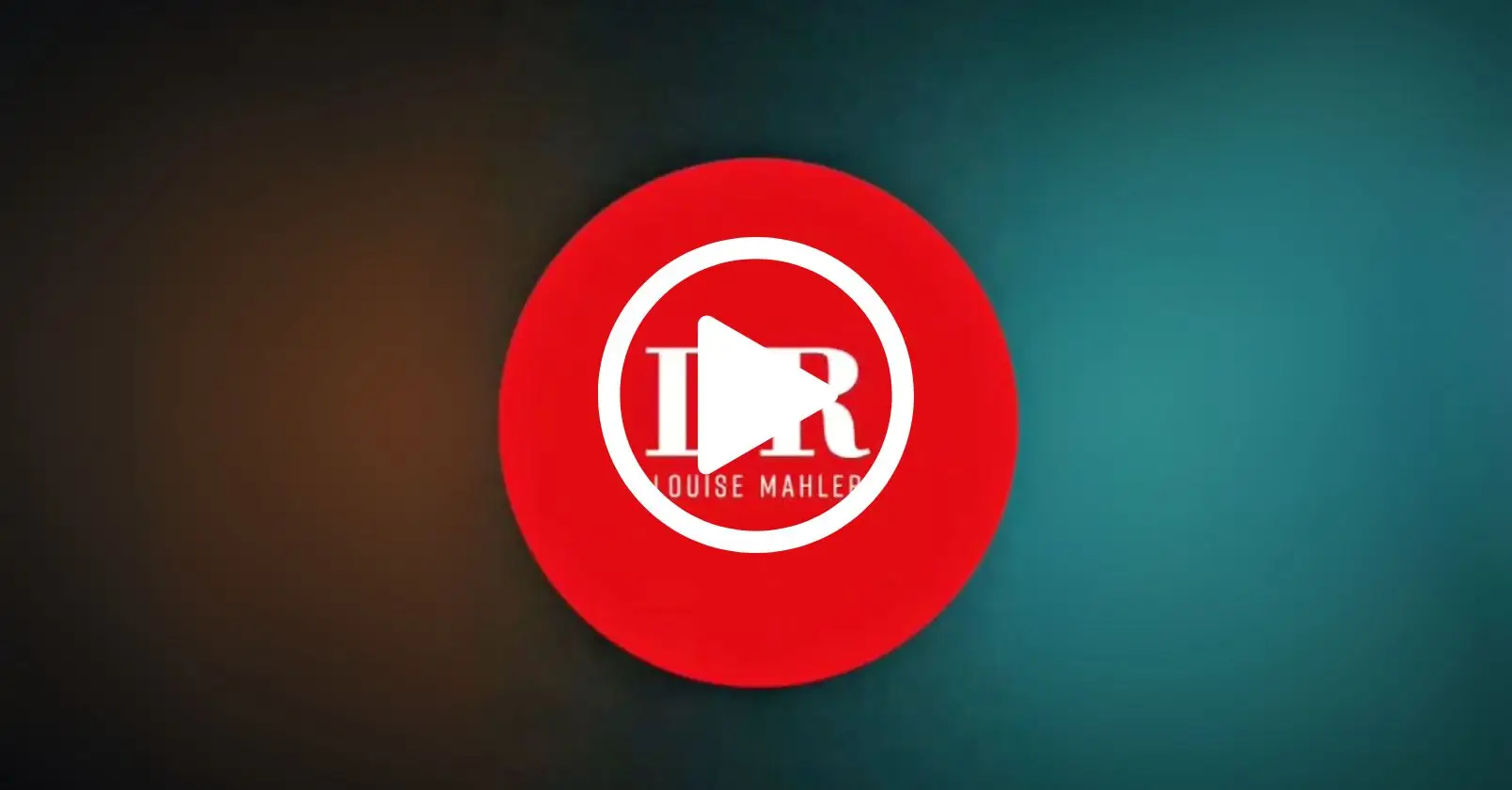
How on earth do you stop saying “um”?
Work with me here. This is an old problem and I have a solution that is totally different, but highly effective.
So many of us say “um” ad nauseam during presentations, meetings, or any situation that causes stress.
It is ugly.
Firstly ‘um’ is just a meaningless filler and detracts from the conversations, but more importantly, the break in the flow of the sentence, caused by the insertion of ‘um’s, sends messages of uncertainty, untrustworthiness and lack of capability.
In my experience, the common strategy for overcoming this issue often does not work.
That common strategy is for a second party to count the number of ‘um’s and then berate the person using it. This awareness is somehow miraculously supposed to stop the problem. So, how does that work for you? For most, it doesn’t.
Here’s a new way of thinking about it: ‘Um’ is not a word.
Try saying the vowel alone without the ‘m’. It is often formed by closing the back of the mouth as a plosive burst. Then say the ‘m’ that is made by closing the lips. Are you getting the picture? ‘Um’ is not a word. It is a double blockage, a protective mechanism that blocks the flow of air coming out of your body.
In other words, ‘um’ is not a word at all. It is the sound made by a physical response to a stressful situation. The unconscious mind is trying to rescue you and does that by closing your throat and mouth as a way of blocking the breath (which is your form of communication).
Becoming aware of saying ‘um’ does not seem to register a process for change. Why? Because ‘um’ is not a word, you can not stop saying a word you have never said.
Instead, over decades in the industry, I have found a different way that has worked with astounding success. This technique is to have a strong process or framework (whatever you want to call the flow of logic) that you use to frame your thoughts and eliminate the need for an ‘um’ totally from your sentence.
In fact, this is not about ‘words’ at all. It is about comfort in the flow of ideas. Frameworks exist for answering questions, managing difficulty, exploring ideas, giving feedback, asking feedback, elevator pitches, etc, etc, etc.
Now, of course, you have to know a little about breath and the flow of air to make sound as well, but this is easy.
Do you have frameworks? If not, ask me how. This is something we work on in our one-day Gravitas Masterclass, Retreats and Coaching.
And DON’T try to ‘stop’ saying ‘um’. Instead, DO have frameworks. The problem will soon be gone.
Let me hear your thoughts.

Age of Doubt book will be available in March 2025!
Use code AGEOFDOUBT25 and order here to enjoy 25% discount.

I received a note to say I’ve been named one of the top-ranking Communication experts, coming in at #13 globally. A huge thank you to my community, clients, and colleagues for your continued support. Hooray!
Gravitas Masterclass Melbourne March 2025
Date: Thursday, 27th March 2025
Location: Melbourne
Venue: RACV City Melbourne







